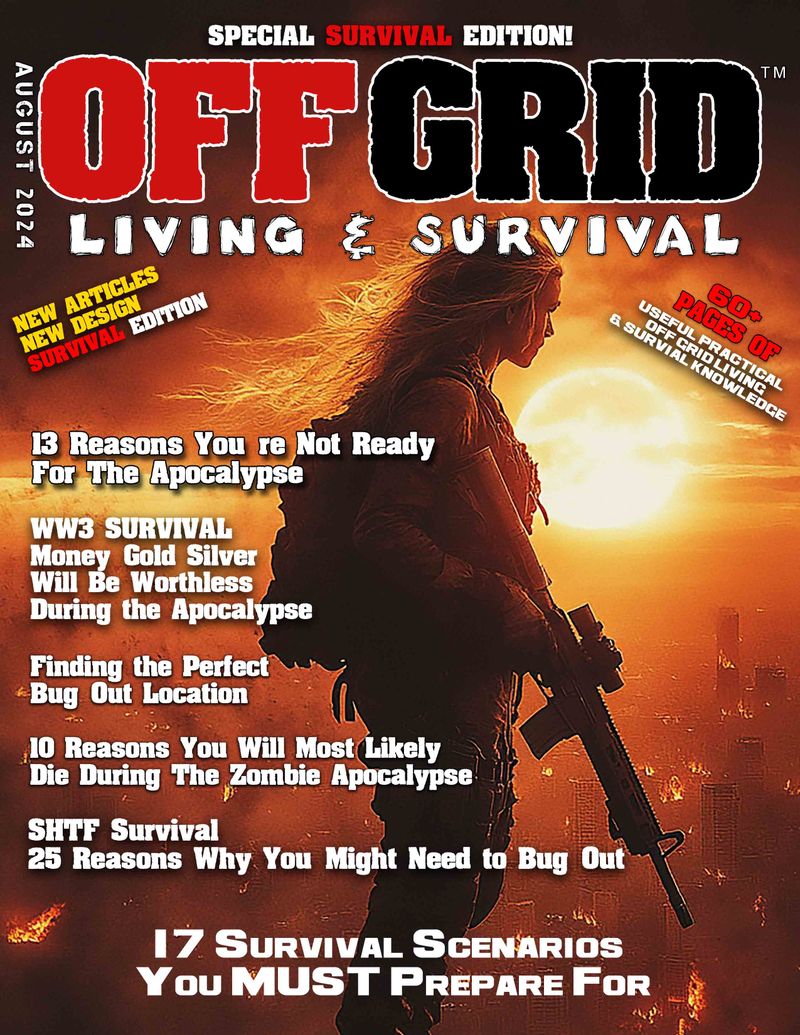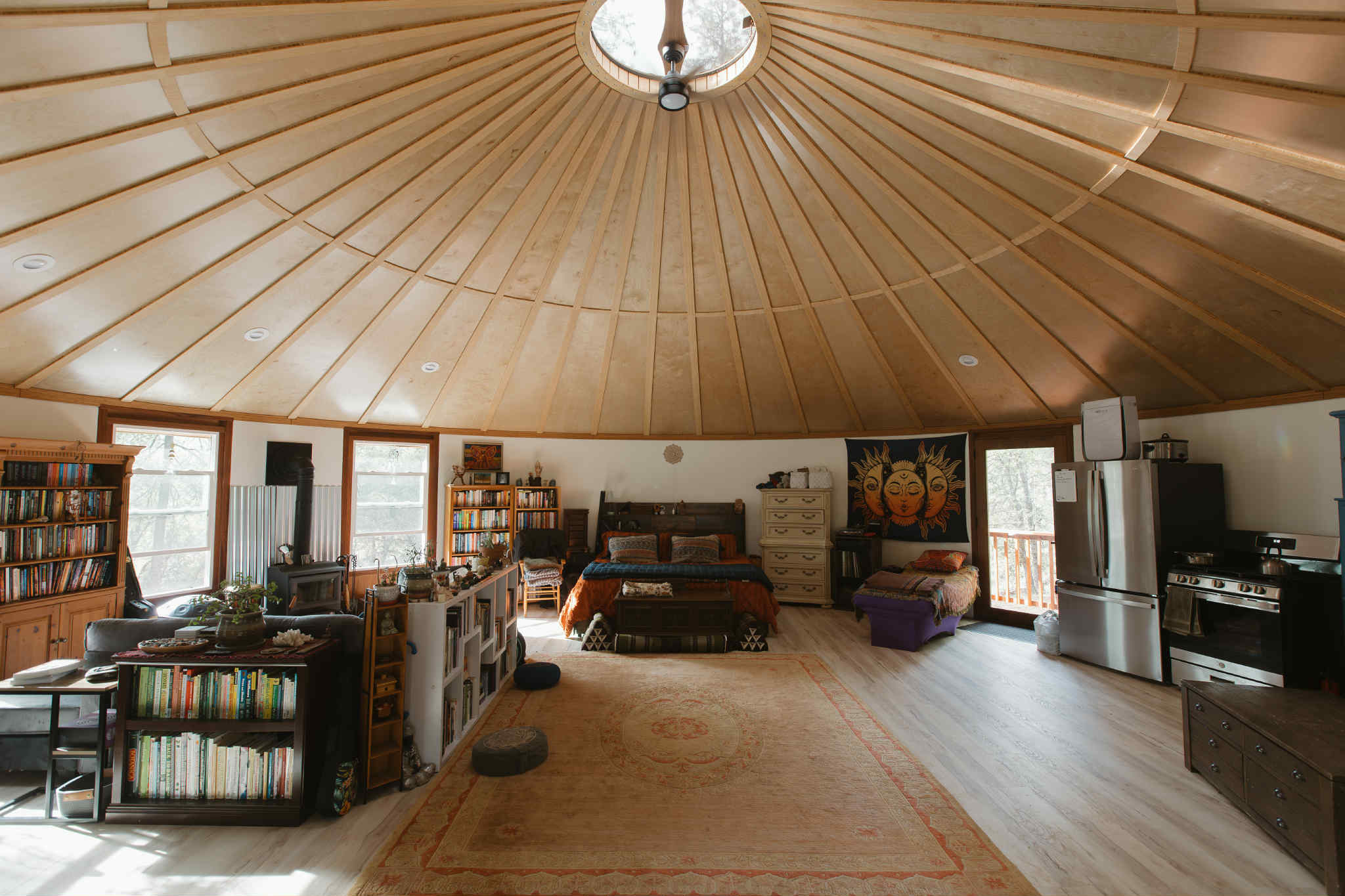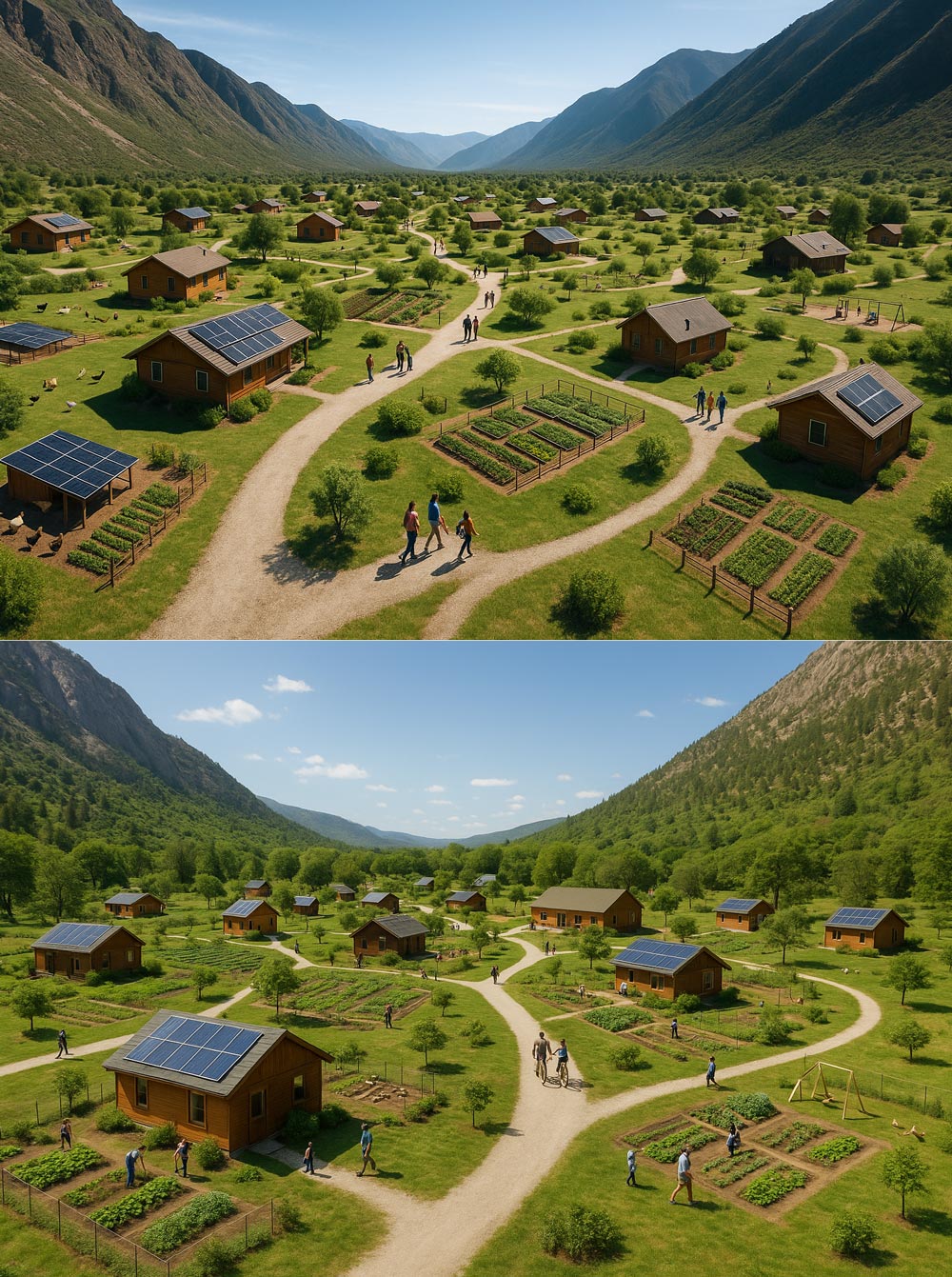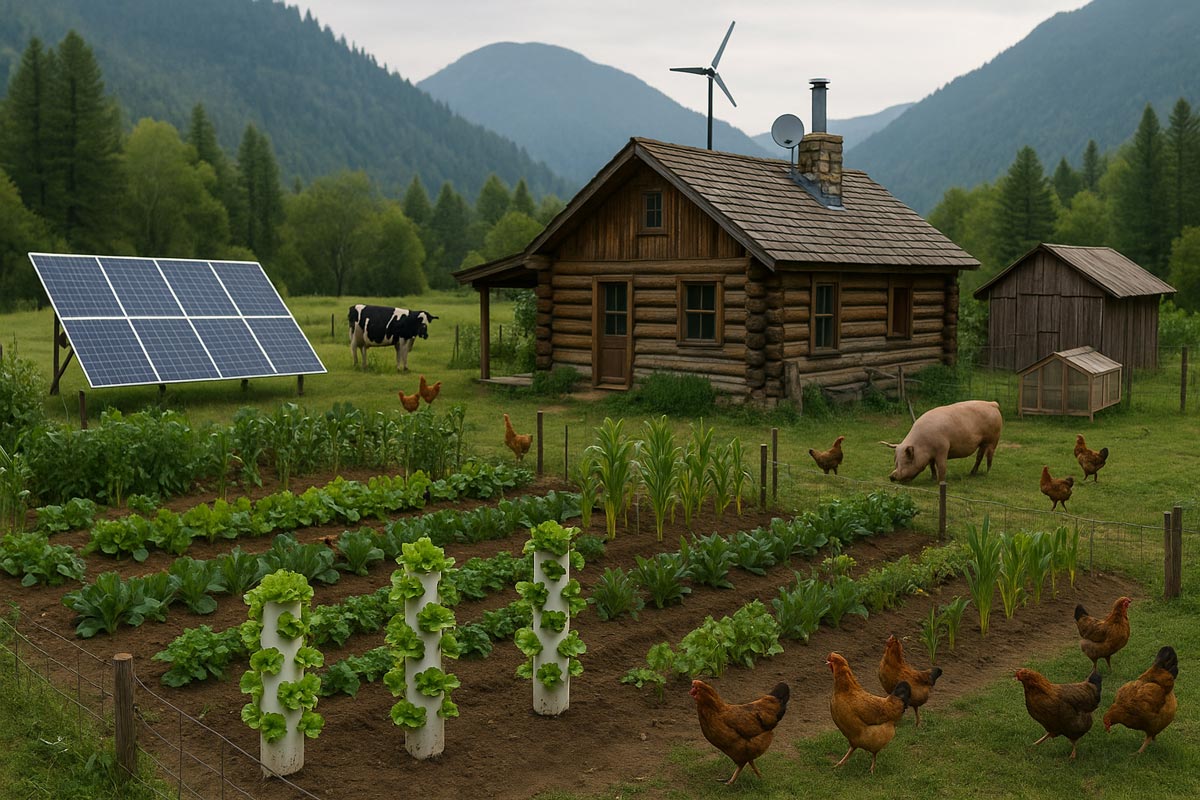Never buy land without thorough due diligence, especially when it comes to legal access. Legal access means documented, enforceable rights to use a road or easement to reach your property. It’s not enough to see a path on a map or a trail through the landscape—you need legal, recorded access, or you could be landlocked and at the mercy of surrounding property owners.
But legal access is only part of the equation. Physical access—how reliable and durable the actual road or path is—matters just as much.
Poorly maintained dirt or clay roads can become impassable during bad weather. Heavy rain can wash out roads entirely, turning clay paths into mud slicks that can bog down even the best off-road vehicles. If the roads are prone to washouts or erosion, you could find yourself stranded or unable to get essential heavy equipment onto your property. That means any development or building plans could be delayed or disrupted every time the weather turns.
Worse, if you get snowed in or your access road gets washed out by spring or summer flooding you could be thrust into a dangerous survival scenario. Especially in extremely cold winter storms or summer heat and drought. Be safe! Be smart. Always do your homework before you buy off grid land.
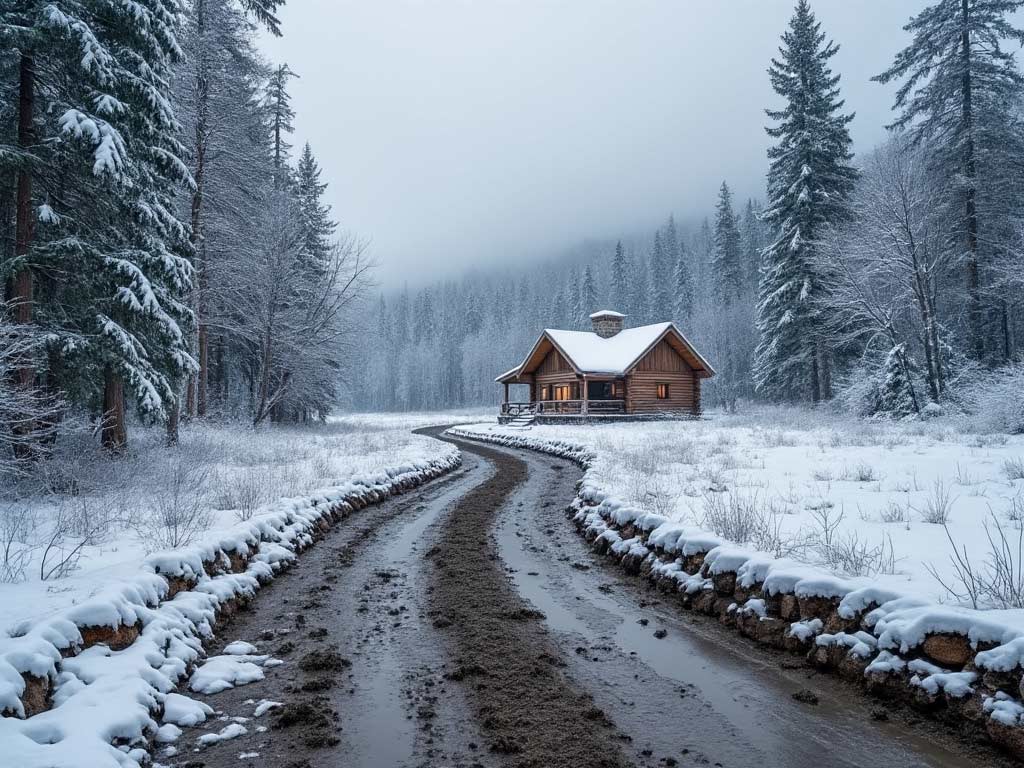
Before buying, get clear on both legal and physical access. Make sure the roadways can handle rain, mud, and heavy equipment. Otherwise, your investment could turn into an inaccessible, unusable piece of land whenever conditions aren’t ideal.
Never overlook year-round access when buying land. A long driveway or remote property sounds appealing, but without reliable, legal access, it could turn into a nightmare. If the road isn’t owned by you or you don’t have a clear, enforceable agreement to use it, especially in winter, you could end up stranded for months. Heavy snowfall can pile up fast, and if you don’t have a way to keep the road clear, you’re stuck until spring thaw.
Even when the snow melts, you’re not out of the woods.
Spring brings mud, washouts, and standing water, which can make roads impassable. Mud can bog down your vehicles, leaving you—and any essential equipment—trapped until the ground dries out. Year-round access isn’t just a luxury; it’s essential. Always check the road’s condition, ownership, and maintenance agreements before buying. Doing your due diligence ensures that your land remains usable, no matter the season.
If you don’t have legal access and you didn’t do your due diligence before buying your off grid land, you could drive up to your property one day and discover a gate blocking your access, put there by the neighbor whose property you’ve been crossing the whole time not knowing you don’t have legal access or easement.
This is not the neighbor’s fault, it’s yours because the responsibility for ensuring legal access rests on you before you ever buy your land, you must know your property boundaries and any easements if applicable.
The responsibility and burden of due diligence always rests on you.
If you build your cabin on your land, but you’re crossing someone else’s land to get there, they can legally put up a gate and you can’t do anything about it. In fact, if you damage the gate deliberately buy cutting the lock or chain and drive over or bend the gate to get through, they can have you arrested for destruction of private property and sue you for damages. Even damages to the land caused by your vehicle. You can be sued for ruts and holes dug into your neighbors property if there’s not a legal easement or legally binding agreement between you and your neighbor for accessing you land.
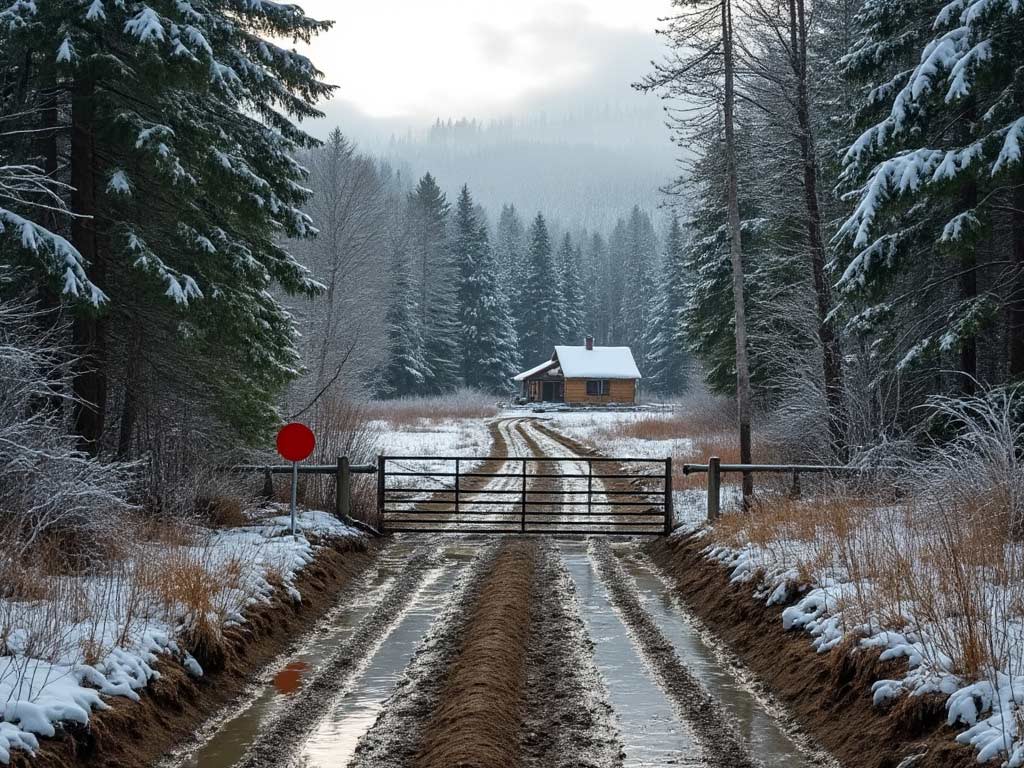
When buying land, there’s more to consider than just the location and view—year-round access can make or break your plans. Beyond legal rights and physical condition, you need to evaluate several other factors, especially if you’re planning to live there or build in the future.
First, think about maintenance. Even if you have legal access, who is responsible for upkeep? Many rural and private roads aren’t maintained by the county or state, which means that keeping the road usable could fall on you and neighboring property owners. Without a clear agreement in place, you might end up shouldering costs alone for repairs, grading, or snow removal.
Next, evaluate the road surface. Some private roads are simply dirt or gravel, which can quickly deteriorate with rain, snow, and freeze-thaw cycles. Steeper roads or those made of clay soil are particularly susceptible to washouts, mudslides, and erosion. The conditions might be manageable when dry, but with heavy rain or snowmelt, these roads can turn treacherous. Even flat roads can become deeply rutted and impassable, which could leave you without access at critical times.
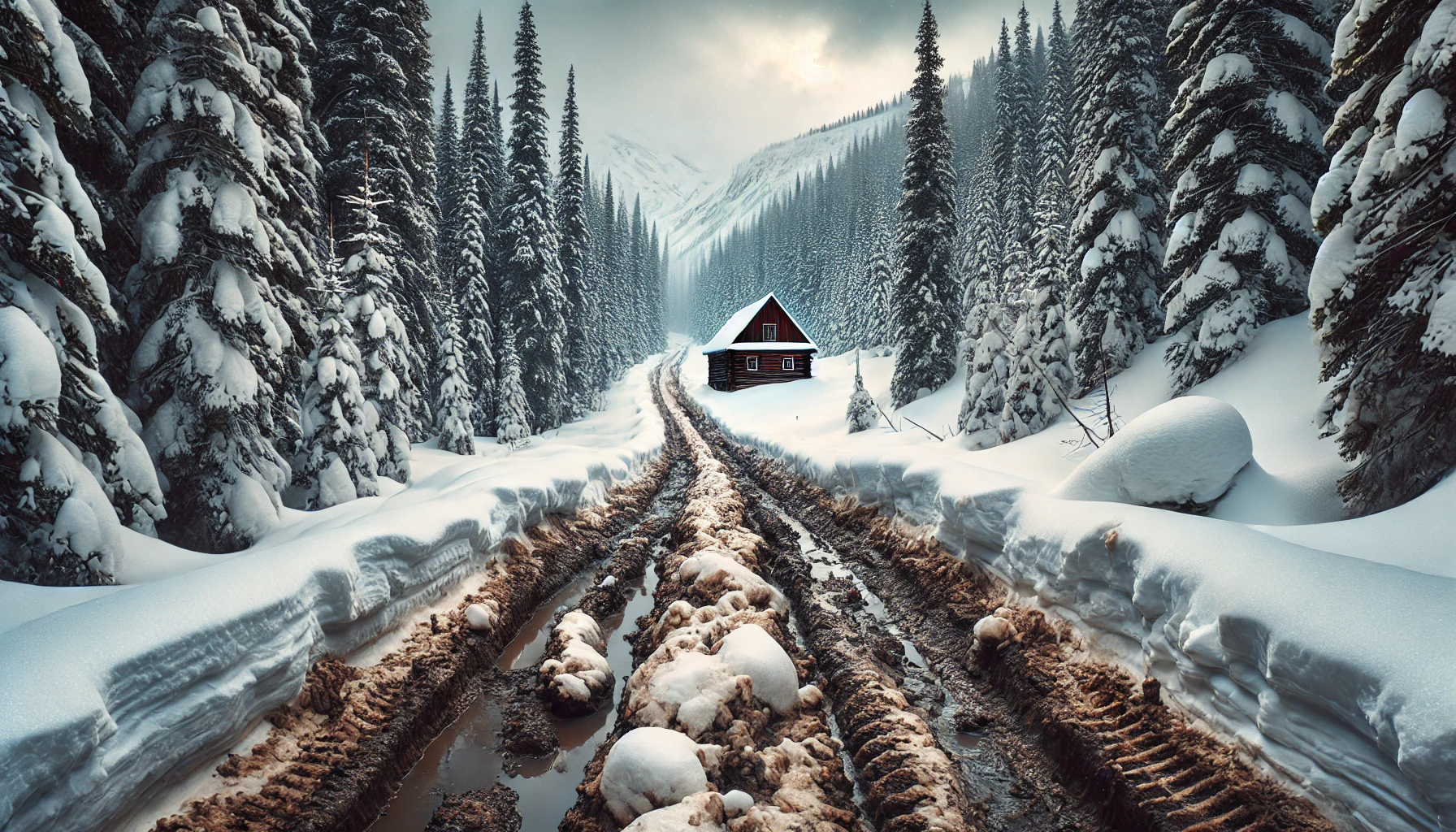
Consider emergency access as well. If you or a family member needs medical attention and the road is blocked by snow, mud, or flooding, emergency vehicles may struggle to reach you. In remote areas, emergency services may already face delays, and poor access can increase those delays when minutes matter most.
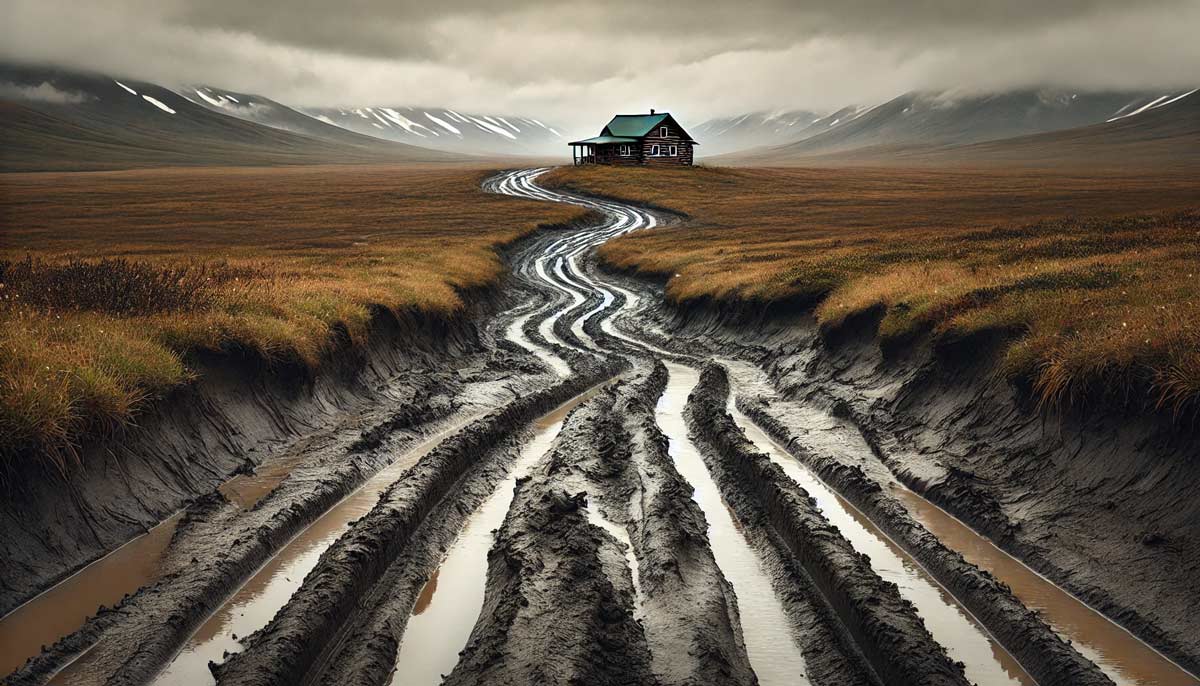
Also, think about seasonal weather patterns specific to the area. Some regions experience “mud season” in spring, when the ground becomes saturated with melted snow, making roads nearly impassable. Others have monsoon seasons that bring heavy rains, or wildfire seasons that can restrict access or force evacuations. Knowing the seasonal challenges can help you prepare, but it also highlights why solid, reliable access is critical.
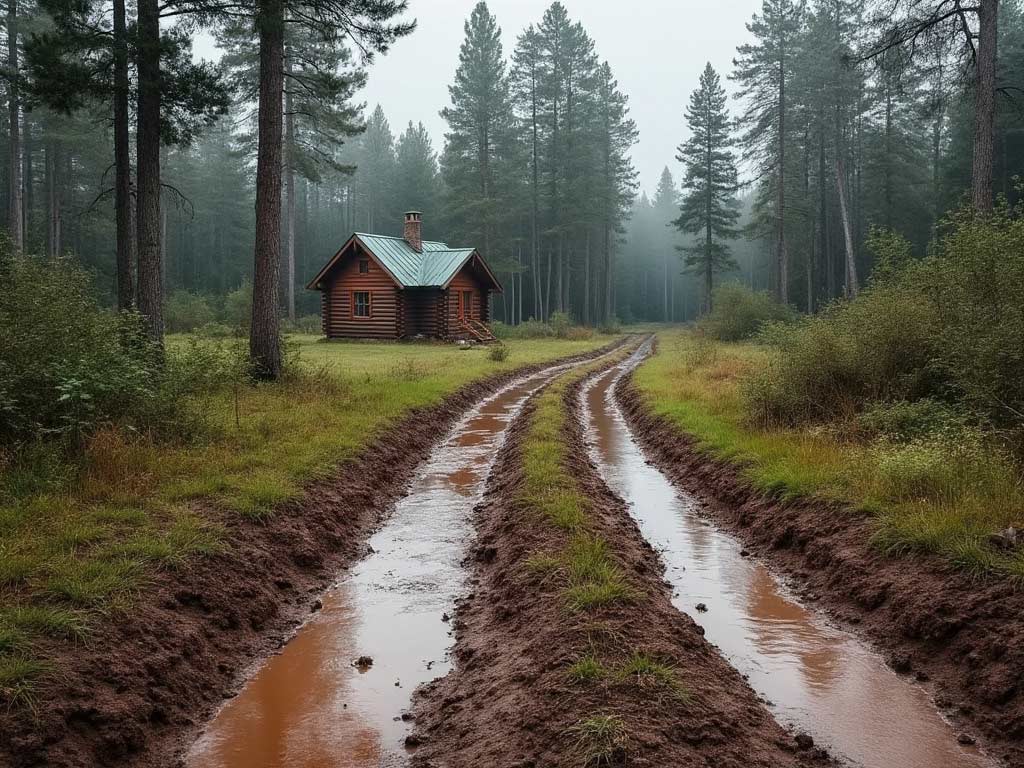
Finally, consider the cost and logistics of creating access if it doesn’t currently exist. Building a reliable driveway or access road can cost thousands—or tens of thousands—of dollars, especially if you need to grade hills, bring in gravel, or install drainage to prevent erosion and washouts. Some areas might even require permits for road construction or grading, adding to the complexity and cost. And if you’re in a place prone to snow, you’ll need equipment or a service to clear it regularly, which can add to ongoing expenses.
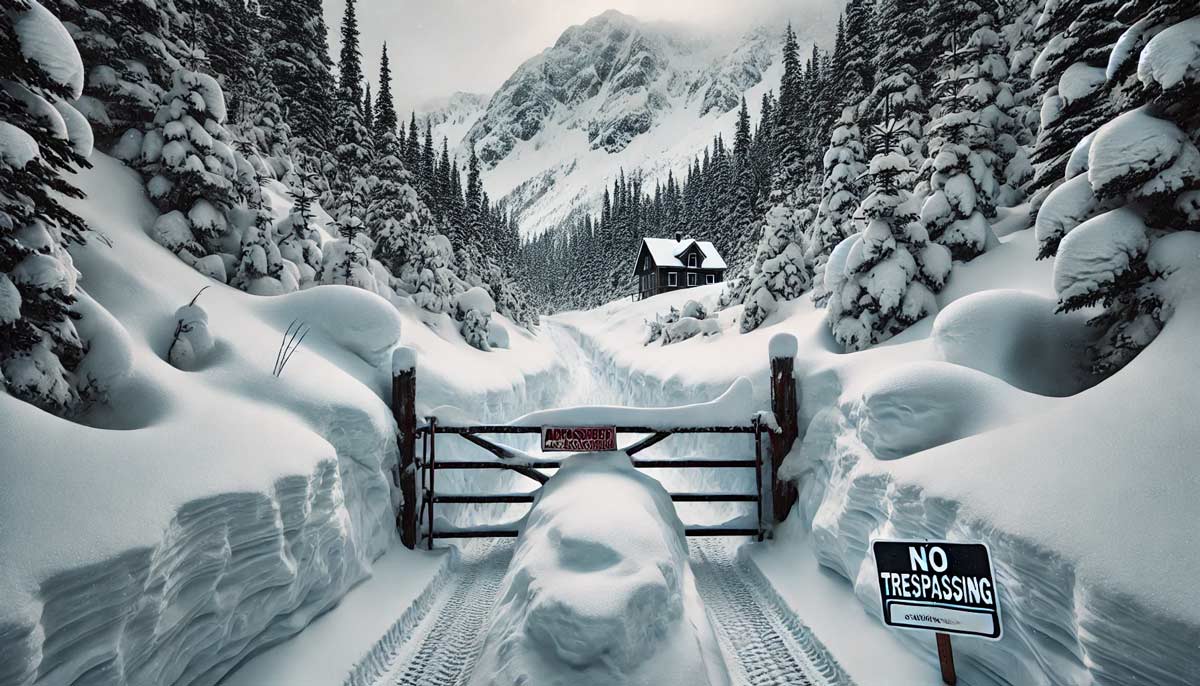
In short, never take access for granted. Having a great piece of land is only worthwhile if you can reliably get to it year-round. Do your due diligence to ensure you have legal rights, reliable conditions, and a plan for maintenance. Investing time and resources upfront to understand access issues can save you from a property that’s beautiful—but practically inaccessible.
Here’s a list of things to avoid when buying off-grid land, inspired by the titles provided:
- Skipping Access Verification – Ensure you have both legal and physical access to the property before making a purchase. Lack of access can leave you landlocked or reliant on neighbor goodwill.
- Ignoring Seasonal Conditions – Check if the property has year-round accessibility. Heavy snow, mud, or seasonal washouts can leave you stranded for months, making access essential.
- Underestimating the Importance of Road Maintenance – If the road to your property isn’t regularly maintained, you may be responsible for upkeep. This could mean costly grading, gravel, or snow removal services.
- Overlooking Access in Favor of Scenery – A beautiful view is worth little if you can’t reach it easily. Make access a priority over aesthetics to avoid future regrets.
- Assuming Access Will Be Easily Fixable – Creating or improving access can be very costly. Don’t assume you can quickly or affordably build or improve a road if one doesn’t already exist.
- Failing to Assess the Investment Value of Access – Poor access can limit your property’s value and your ability to resell it. Consider the impact of year-round access on long-term property value.
- Not Considering Year-Round Accessibility as Essential – Off-grid living requires regular access for supplies, emergency services, and maintenance. Ensure access is reliable every season.
- Risking Regret by Overlooking Practicality – Make access a priority to avoid regret later on. Once you’re snowed in or unable to navigate muddy roads, you’ll quickly realize its importance.
- Neglecting to Check Legal Access Rights – Just because there’s a road doesn’t mean you’re allowed to use it. Confirm documented, enforceable access rights to avoid future disputes.
- Thinking Access is Optional – In off-grid living, access is not a luxury. Treat it as a non-negotiable part of your property search to ensure a functional, livable off-grid experience.
By addressing these common mistakes, you can make a more informed decision and avoid serious setbacks with your off-grid property.
Your off grid dream is your dream, not someone else’s responsibility. To make your dream come true don’t get in a hurry to buy your land because you’re excited or you fall in love with a particular property. Take your time, you dream isn’t going anywhere, going off grid is a marathon, not a sprint.
The research you do now will save you a lot of headache, time, money, blood sweat and tears in the future.
You can still achieve your dream. Just do your homework first.
Know what you’re getting yourself into before you get in too deep and get stuck on that road to your off grid dream.
***

